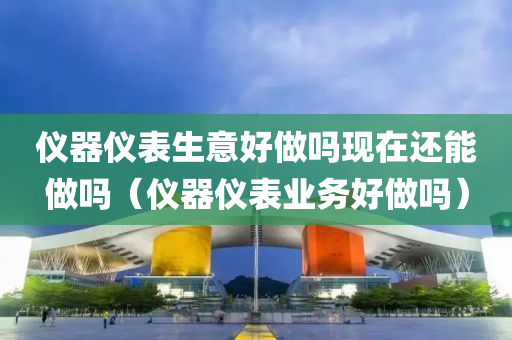**What is Power-Specific Equipment: An Overview in English**
In the realm of electrical engineering and power generation, the term "power-specific equipment" refers to a broad category of devices and systems designed for the generation, transmission, distribution, and utilization of electrical power. These equipment are tailored to meet the unique requirements of the power industry, ensuring efficiency, safety, and reliability. This article aims to provide an overview of what power-specific equipment entails, presented in English for a global audience.
**Types of Power-Specific Equipment**
1. **Generation Equipment**: This category includes devices used to produce electrical power. Some common examples are:
- **Turbines**: These convert kinetic energy from steam, water, or wind into mechanical energy, which is then used to generate electricity.
- **Generators**: After the turbines, generators convert the mechanical energy into electrical energy through electromagnetic induction.
2. **Transmission Equipment**: These are the components that enable the transfer of electrical power over long distances. Key elements include:
- **Transformers**: They increase or decrease the voltage levels for efficient transmission of electricity.
- **Cables**: Various types of cables, such as overhead lines and underground cables, are used to transmit electricity from power stations to distribution networks.
3. **Distribution Equipment**: This equipment is responsible for delivering electricity from the transmission network to the end-users. It includes:
- **Circuit Breakers**: These devices protect the electrical system from faults and overloads.
- **Fuses**: Similar to circuit breakers, fuses are used to interrupt the circuit when excessive current flows.
4. **Utilization Equipment**: These devices are designed to convert electrical energy into other forms for use by consumers. Examples include:
- **Heating Elements**: Used in electric heaters to convert electrical energy into heat.
- **Motors**: Electric motors convert electrical energy into mechanical energy to power various appliances and machinery.
**Functionality and Importance**
The functionality of power-specific equipment is critical to the smooth operation of the electrical power system. Each piece of equipment plays a specific role, and their proper functioning ensures:
- **Efficiency**: Equipment is designed to minimize energy losses during power generation, transmission, and distribution.
- **Safety**: Safety features are integrated into power-specific equipment to prevent accidents and protect personnel.
- **Reliability**: Equipment is engineered to operate consistently and reliably, ensuring a stable power supply.
**Global Standards and Regulations**
The design, manufacturing, and installation of power-specific equipment are governed by various international standards and regulations. These standards ensure that the equipment meets the required quality, safety, and performance criteria. Compliance with these standards is essential for the safe and efficient operation of power systems worldwide.
**Conclusion**
Power-specific equipment is a vital component of the electrical power industry, encompassing a wide range of devices and systems. Understanding the types, functionalities, and importance of this equipment is crucial for anyone involved in the power sector. This overview provides a foundational understanding of power-specific equipment, presented in English for a global audience to appreciate the intricacies of the power industry.
转载请注明来自上海湛易网络科技有限公司,本文标题:《电力专用设备是什么东西啊英文》
百度分享代码,如果开启HTTPS请参考李洋个人博客










 京ICP备16045314号-1
京ICP备16045314号-1  京ICP备16045314号-1
京ICP备16045314号-1
还没有评论,来说两句吧...